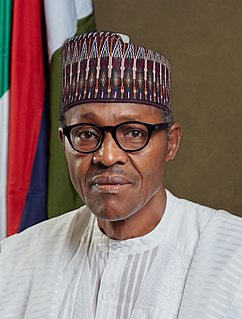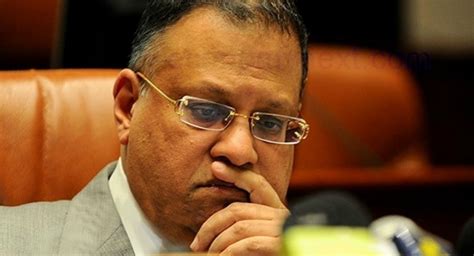A Quote by Vladimir Putin
Then there is another area of activity - economic interaction between Russia and the United States. Right now, for example, it has already been made public that we signed a large deal to privatise one of our biggest oil and gas companies, Rosneft. We know for sure that US companies, as well as Japanese ones, by the way, are keenly interested in cooperation in Russia's oil and gas sector, in joint work. This has immense significance for world energy markets and will directly affect the whole world economy.
Quote Topics
Activity
Affect
Another
Area
Been
Between
Biggest
Companies
Cooperation
Deal
Directly
Economic
Economy
Energy
Example
For Example
Gas
Immense
Interaction
Interested
Japanese
Joint
Know
Large
Made
Markets
Now
Oil
Oil And Gas
Our
Public
Right
Right Now
Russia
Sector
Signed
Significance
States
Sure
Then
United
United States
Us
Way
Well
Whole
Whole World
Will
Work
World
World Economy
Related Quotes
Venezuela has the biggest oil reserves in the world. And the biggest gas reserves in this hemisphere, the eighth in the world. Venezuela was a U.S. oil colony. All of our oil was going up to the north, and the gas was being used by the U.S. and not by us. Now we are diversifying. Our oil is helping the poor.
The transition from coal, oil, and gas to wind, solar, and geothermal energy is well under way. In the old economy, energy was produced by burning something - oil, coal, or natural gas - leading to the carbon emissions that have come to define our economy. The new energy economy harnesses the energy in wind, the energy coming from the sun, and heat from within the earth itself.
Russia does not have a modern economy: it's a petro-power. The only thing it sells that the world wants to buy is oil and natural gas. When was the last time anyone bought a Russian computer? A Russian car? A Russian cell phone? Russia is so dependent on high energy prices that if oil falls below $100 a barrel, the Kremlin can't meet payroll.
They [leaders in Western Europe] do not misuse financial instruments, financial injections, but, first of all, seek structural change. This is urgent for our economy as well, maybe even more urgent bearing in mind the problem that we cannot yet deal with, namely the prevalence of the oil and gas sector in the Russian Federation and, as a result, dependence on revenue from oil and gas.
Historically, the United States has had a wonderful energy policy. We're blessed with a diversity of resources. We have oil. We have gas. We have coal. We have nuclear. And renewables. And as a result, one of our biggest competitive advantages has been affordable energy. You need a strong economy and you need affordable energy to fuel that economy.
The foreign companies, especially oil prospects and development companies, have been in Nigeria for about two generations - 40 years and above and so on. So, they know the environment. They stayed that long. They continue to invest because they know the potential Nigeria has in oil and gas and the capacity of the people to learn and work hard.
In the near term, oil is galloping ahead and leading our economy. We have to corral the "horse" and gradually reduce our dependence on oil and coal, in their present forms. Green-energy investment is inherently high-tech, and we could lead in the next-generation energy technologies, as we did and do now with oil and gas. All it takes is leadership!
Oil companies have gas stations. There's this whole huge structure that is about finding a new liquid for the tank. And the idea that maybe there shouldn't be a liquid, that maybe the best is an electrical grid, a sustainably powered electrical grid that we all plug into, that doesn't sit well with oil companies.
Concerning our possibilities on the international financial markets, the sanctions are severely harming Russia. But the biggest harm is currently caused by the decline of the prices for energy. We suffer dangerous revenue losses in our export of oil and gas, which we can partly compensate for elsewhere. But the whole thing also has a positive side: if you earn so many petrodollars - as we once did - that you can buy anything abroad, this slows down developments in your own country.
If [Western] relations with Russia are to be friendly, they must be open and sincere, otherwise there can be no friendship at all. That means one should be able to speak openly about everything at meetings and conferences. It shouldn't be that we can't discuss the killing of journalists in Russia, or the suppression of human rights, or all the warning signs surfacing in Russia because of oil and gas or other economic reasons. It's a big problem, but it's the same in Western relations with Arab states.
Up here in Alaska we're sitting on billions of barrels of oil. We're sitting on hundreds of trillions of cubic feet of natural gas onshore and offshore. And it seems to be only the Republicans who understand that companies should be competing for the right to tap those resources, and get that energy source flowing into these hungry markets so that we will be less reliant on foreign sources of energy. In a volatile world, relying on foreign regimes that are not friendly to Americans, asking them to ramp up resource production for our benefit, that's nonsensical.































